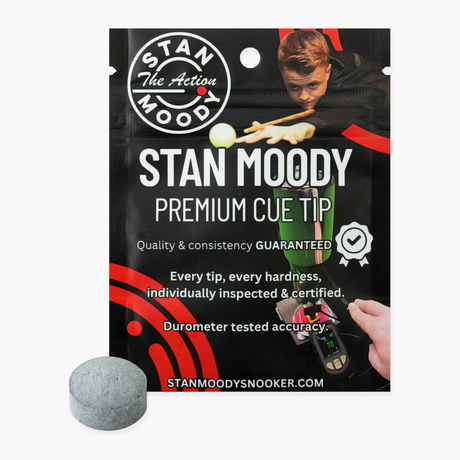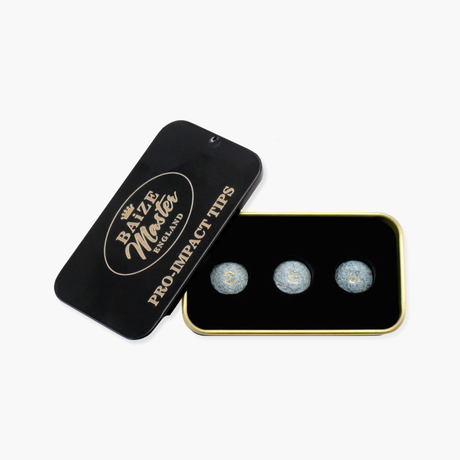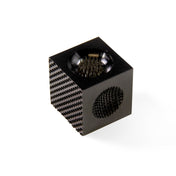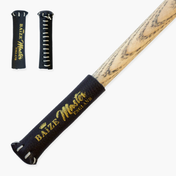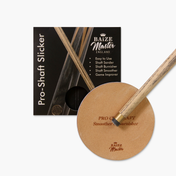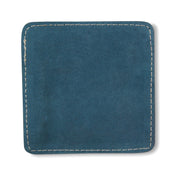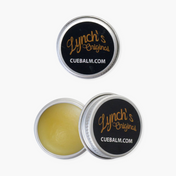Fresh off the back of our recent sponsorship deal with Professional Snooker Player Stan Moody, we were thrilled to welcome Stan to our Leeds headquarters. After a warm introduction to the team and an upgrade to a new Baize Master cue case, we headed over to 147 Sports Bar in Pudsey.
There, Sourav from Cue + Case had the privilege of sharing the table with Stan, playing a couple of friendly frames while chatting about Stan’s journey in the sport — from his early days on the baize to his ambitions for the exciting new season ahead.
Q: When did you first pick up a snooker cue, and what drew you to the game?
We were on holiday in 2015, I think. I was nine years old, and there was a pool table next to our room where we were staying. My dad just showed me how to make the bridge, and it went from there. Within two or three days, I was clearing the pool table.
When we got back to England, I went to the local snooker club and loved it ever since.
Q: Who were your snooker idols growing up, and why?
I think it was Ronnie O’Sullivan and Judd Trump, just because of the way they play — attacking, natural players who play fun shots. That’s just attractive to watch.
Q: Would you say you modelled your game around their playing styles?
Yeah, I learned a lot of shots from them and tried copying them in practice — just seeing what they do. But every player is different; they’ve got their own shot selection. Still, I definitely took a lot of shots from them.
Q: How has the transition from junior to professional competition been for you?
It was very difficult at the start. I’ve improved a lot. You’ve got to learn very quickly. In the first year, I struggled with everything — just the acceptance that if you miss, you’re not going to get another shot.
I struggled with that at the start because, as an amateur, you’d get three or four chances a frame. As a pro, it’s one or two.
It’s just so different. But I think I’ve improved a lot. My ranking shows that, my results show that, and I’m learning all the time. So hopefully I get even better.
Q: What about adapting to the conditions on the pro tour?
Yeah, they’re very different — especially the TV tables. They’re so different: the bright lights, the crowd, everything. It’s a different type of pressure, so you’ve got to learn all that.
Q: What’s been the most challenging part of stepping up to the pro tour?
I think for me, it was the expectation. I was one of the top juniors coming off the amateur circuit onto the pro tour, so people expected me to do well.
Then I started putting pressure on myself, and it just didn’t work.
In the second year — last year — I just put no pressure on myself. I forgot everything and just played, which is very hard to do when people expect you to win and do well. But you’ve just got to learn how to deal with it.
That was probably one of the hardest things.
The other thing is the standard of the pros. Like I said earlier, everything's different — seeing all your idols at tournaments, that’s weird. Just a lot of things to take in.
Q: How do you find travelling for matches on the professional tour?
I don’t know — I think you just sort of get used to it. I don’t really like the travelling, like the flying. I find it boring and too long. But it’s worth it when you go there and do well.
A lot of the competitions are in Europe, which isn’t bad — I don’t mind that. I’ve always travelled from being a kid. Me and my dad have gone places together to practise and for junior tournaments, so that’s not much different.
But the flying… I struggle with it, to be honest. It’s just too long and boring.
Yeah, I get jet lag — especially for China. You're very tired at night and then you're up at 3 in the morning practising. It’s weird, but you normally get there a few days early to adjust.
Q: Do you remember the moment you realised you wanted to pursue snooker professionally?
I think from about 12 or 13, I knew I was quite good. I started getting days off school — going in three days a week — and then you start doing better and better.
You start improving, and you want to get even better, turn pro, and become world champion. Win tournaments. So I'd say probably 12 or 13, yeah.
Q: What was the first major title that made you believe you had it in you to turn pro?
The first big title I won was the English Under-14s. There were a lot of good players in it, and if you won that, it meant you were the best junior around — obviously in your age group.
There were a couple of rivals in there — one who's a pro now called Liam Pullen. I beat him in the final. Oliver Sykes was in it too. He hasn’t turned pro yet, but he will soon. He's very good.
So if you won that, you were sort of the top boy. I managed to win that, and then I won the Under-16s, Under-18s. You start progressing like that, and you think, “I probably will turn pro at some point.”
Q: How do you stay focused and composed during high-pressure matches?
I don’t know, to be honest. You’ve just got to try and stay as positive as possible. Accept that you’re going to miss balls — because everyone misses, it doesn’t matter who you are.
Try and think, “It doesn’t mean anything” — when it means everything — and just try to have fun at the same time.
That’s why everyone started playing: because they love the game. We love potting balls.
But as you get better and want to win more, that enjoyment sort of leaves you. I think one of the main things is just to keep enjoying it and be ready for your next chance if you do miss. Don’t worry about losing, basically.
Q: Does your coach work with you on the mental side as well as the technical?
No, I’ve had a mental coach in the past — he was very good — but at the minute I’m only with a technical coach. I feel like I’m strong enough mentally to do it on my own, and my results are starting to show that.
But I do need a technical coach because he keeps me sharp.
Q: How do you pick yourself back up after a loss in something you had great expectations for?
I just feel like it’s just one match — it doesn’t matter what tournament it is.
Like, I’m going to Saudi tomorrow, and the guy I’m possibly playing is a very, very good player. That’s what you’ve got to remember: I’m not the only good player — everyone else can play too.
You want to win and do well, but if you don’t, it’s just another match, and you move on.
Q: What does it mean to you to have Cue + Case supporting your professional journey?
I went to Norbreck Castle for the Golden 8 Ball competition, and we met Rob — Rob Pearce. He and my dad got talking, and he wanted to help — with the business side of things as well.
It’s great to have you guys on board, and hopefully it lasts a long time.
Q: How important is it for young players to have backing and the right gear?
It’s very important — it’s the main thing. You’ve got to have a cue that you love, one that you get on with, one that feels part of you.
You don’t want it to be too long — I think that’s one of the mistakes I made. I got a cue I could “grow into,” and it was too big for me.
There was too much cue hanging out of the back when I was playing. So I think it’s important to get one that fits you to start off with — and one that feels good. That’s it really: one that fits and one that feels good.
Q: What advice would you give young players aspiring to improve their game?
Just keep enjoying it — because once the enjoyment goes, you’ve got no chance. Enjoy practising, enjoy putting the hard work in, have some fun, and see what happens.
Yeah, definitely. I’ve been through it — not enjoying it, wanting to win too much — and there’s just no fun there whatsoever. Then you start doubting yourself, questioning your technique — all silly stuff like that — when that’s not the problem. It’s just you.
So yeah, just have some fun.
Q: What would you say is your favourite part about playing snooker?
Winning — definitely.
I know that sounds silly, but you put so much hard work in, and you have so many bad times as well. So when you win — because you lose more than you win — it’s just a great feeling.
It’s like relief, happiness, buzzing, because you’ve put all the work in and you know you’re doing the right things.
And you get paid as well — so that’s nice.

